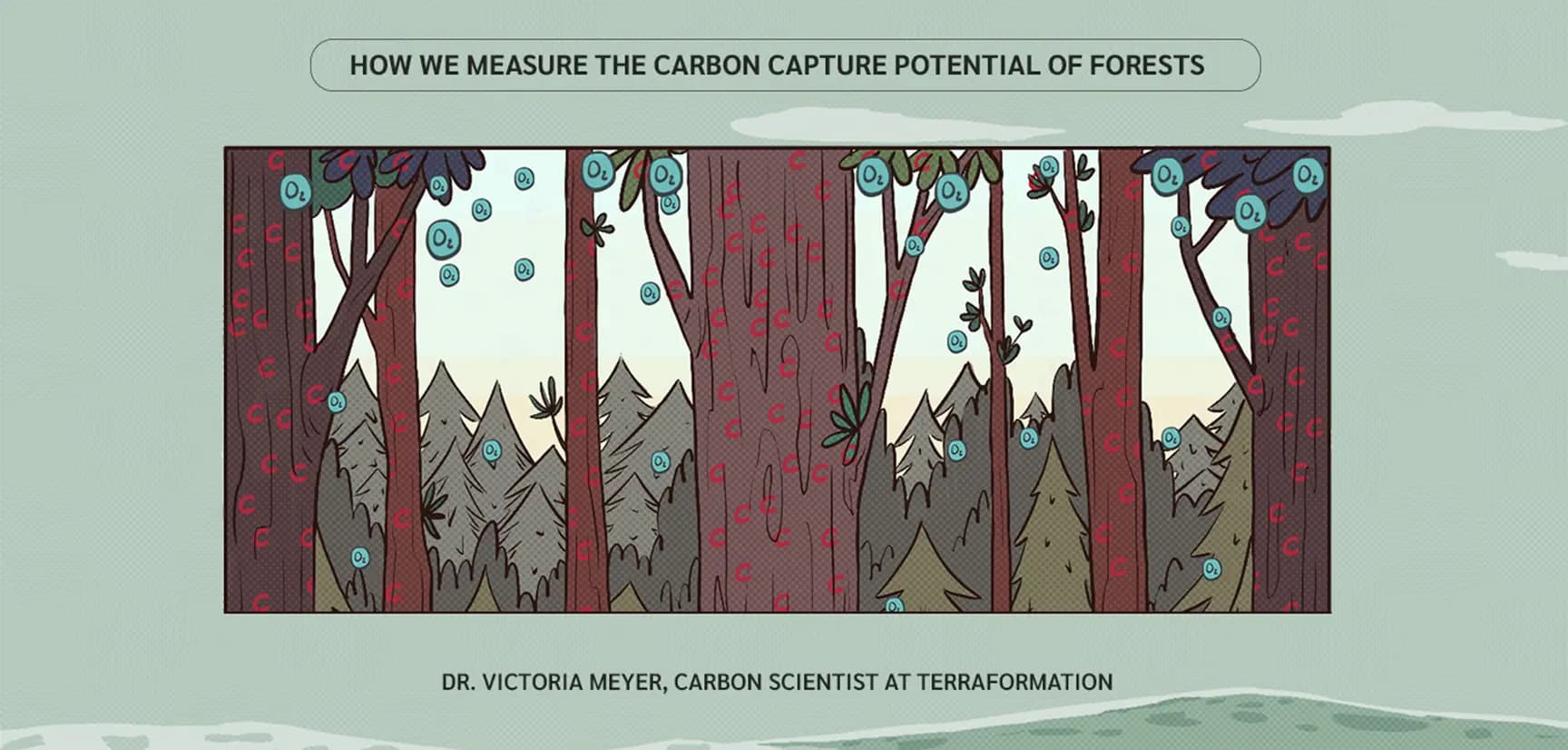Reforestation Identified as Key to Capturing Up to 30% of Carbon Needed for 1.5°C Target

Terraformation, a company focused on native forest restoration, has asserted that reforestation holds the potential to capture a significant portion of the carbon required to limit global warming to 1.5°C. In a recent social media post, the organization emphasized, "> Reforestation can capture up to 30% of the carbon we need to remove to be under 1.5°C warming. It’s not a side quest. It’s the main quest." This statement underscores the critical role natural climate solutions play in global climate efforts.
Founded by former Reddit CEO Yishan Wong, Terraformation's mission is to restore degraded land into thriving forests to combat climate change and capture carbon. The company supports global reforestation efforts through its Seed to Carbon Forest Accelerator, providing financing, training, and technological tools for projects worldwide. Their approach focuses on native ecosystem restoration, addressing challenges like seed shortages and water scarcity.
Scientific assessments largely support the substantial carbon removal potential of afforestation and reforestation (A/R). The Intergovernmental Panel on Climate Change (IPCC) highlights A/R as a key land-based carbon dioxide removal (CDR) method in pathways aiming to limit warming to 1.5°C. While estimates vary, studies suggest A/R could contribute significantly, with some projections indicating a potential of up to 3.6 GtCO2 per year by 2050, as noted by organizations like Climate Action Tracker.
However, large-scale reforestation also presents challenges, including potential competition for land with agriculture, water demands, and ensuring the permanence of carbon storage, given risks like wildfires. Despite these complexities, the scientific community and climate organizations widely agree that forest-based solutions are indispensable parts of a comprehensive strategy. They offer co-benefits such as biodiversity enhancement and improved ecosystem services.
Terraformation's bold declaration aligns with the broader scientific consensus that while emissions reductions remain paramount, robust carbon removal strategies, particularly through natural solutions like reforestation, are essential. Achieving the ambitious 1.5°C target necessitates a multi-faceted approach, positioning ecosystem restoration not as a supplementary measure, but as a core component of climate action.